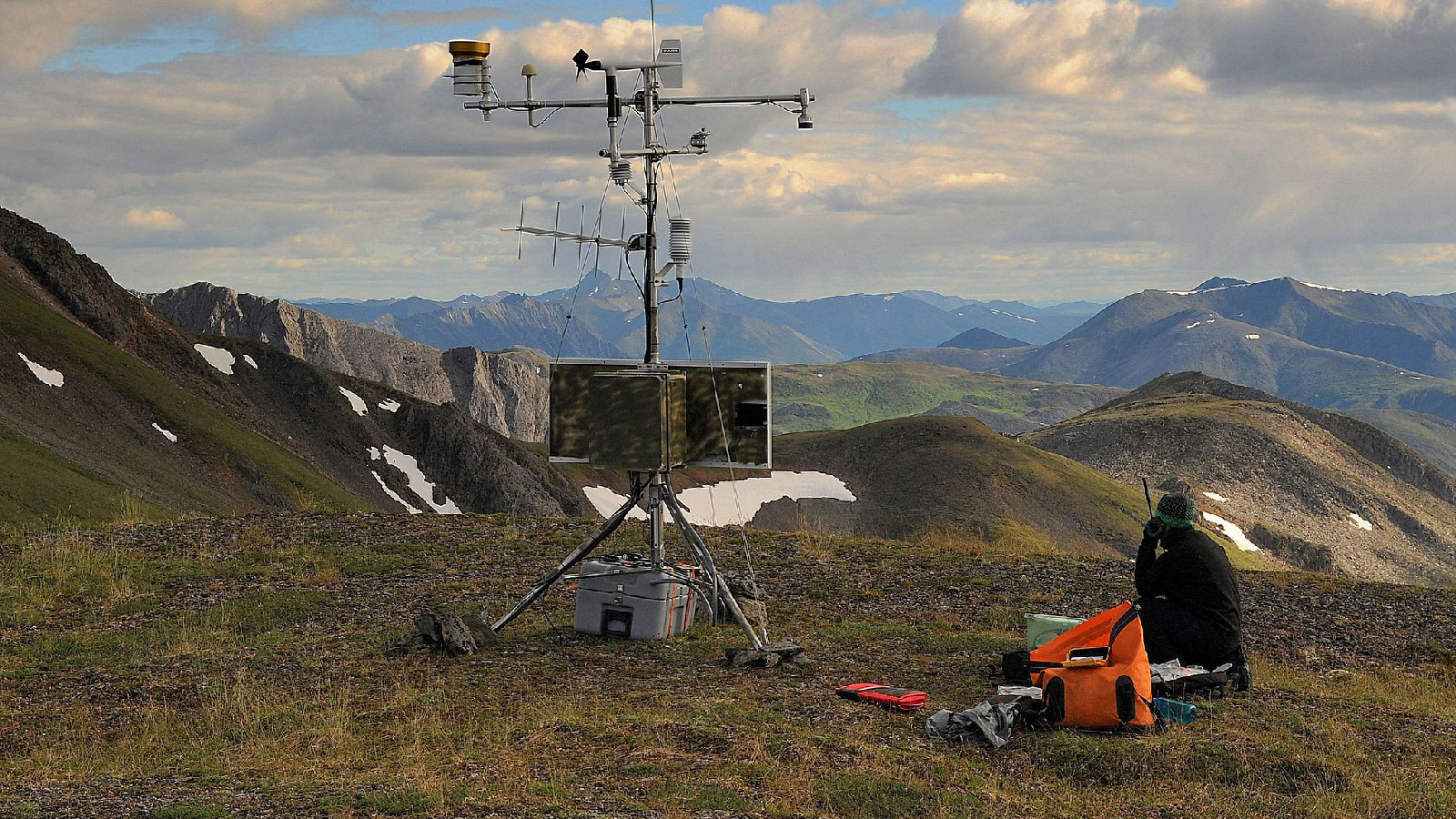The scientific consensus that climate change is happening and that it is human-caused is strong. Scientific investigation of global warming began in the 19th century, and by the early 2000s, this research began to coalesce into confidence about the reality, causes, and general range of adverse effects of global warming. This conclusion was drawn from studying air and ocean temperatures, the atmosphere’s composition, satellite records, ice cores, modeling, and more.
In 1988 the United Nations and World Meteorological Organization founded the Intergovernmental Panel on Climate Change, IPCC, to provide regular updates on the scientific evidence on global warming. In a 2013 report, the IPCC concluded that scientific evidence of warming is “unequivocal” and that the largest cause is an increase of carbon dioxide in the atmosphere as a result of humans burning fossil fuels. The IPCC continues to assess this science, periodically issuing new reports.
Climate change is real and caused by humans
The IPCC is not the only scientific group that has reached a clear consensus on the scientific evidence of human-caused global warming. As this NASA page points out, 200 global scientific organizations, 11 international science academies, and 18 American science associations have released statements in alignment with this consensus.
Amanda Staudt is the senior director for climate, atmospheric and polar sciences at the National Academies of Science, Engineering and Medicine, where she has worked since 2001. The Academies, she said, first began studying climate change in 1979, researching how much warming would likely happen if the amount of carbon dioxide concentrations in the atmosphere were doubled.
Four decades later, those findings have held up and have been strengthened based on scores of continued studies and analysis. “The remarkable thing about that study,” she said, “is that they basically got the right answer” from the start. This 1979 study by the National Research Council, Staudt said, led to investment in climate science in the U.S.
Though this consensus has been thoroughly established, scientific research and new findings continue. Staudt said countless attempted rebuttals of climate science findings have been researched and disproved.
“We did a lot of studies in that time period, looking at those questions,” she said, ”and one by one, putting them to bed and convincing ourselves over and over again, that humans were affecting climate, and that we could document that effect.”
At the National Academies, reaching consensus requires open sessions and dialogue with scientists and agreement from committees, which typically consist of 12-15 experts. Their draft reports go through peer review, and reviewers’ concerns are resolved before publication is approved. The goal is for the complex science of climate change to become as thoroughly researched and substantiated as possible.
“One of the things I think about scientists is that we’re all inherently skeptics at some level,” Staudt said. “That’s what drives us to science, that we have questions about the world around us. And we want to prove that for ourselves.”
Scientists consistently reaffirm evidence that climate change is happening
Climate scientists worldwide go through similar processes before their findings are published. And their research papers, too, show a strong consensus about global warming. As NASA states on its website, “Multiple studies published in peer-reviewed scientific journals show that 97 percent or more of actively publishing climate scientists agree: Climate-warming trends over the past century are extremely likely due to human activities.” (By sound practice, scientists resist saying science is for all times “certain” or that its findings are “final,” and the “extremely likely” language respects that practice.)
One of the studies about the consensus was led by John Cook, a fellow at the Climate Change Communication Research Hub at Monash University in Melbourne, Australia. Cook and colleagues reviewed nearly 12,000 scientific papers to examine how aligned published research is on major findings on climate change. That study found that 97 percent of scholarly papers that take a position on climate change do endorse the consensus. The papers that rejected the consensus position contained errors, according to subsequent research.
In reviewing the papers, Cook has said he and his colleagues found the consensus to have been so widely accepted by 2013 that many researchers by then no longer felt a need to mention or reaffirm it in their research papers.
Source link


